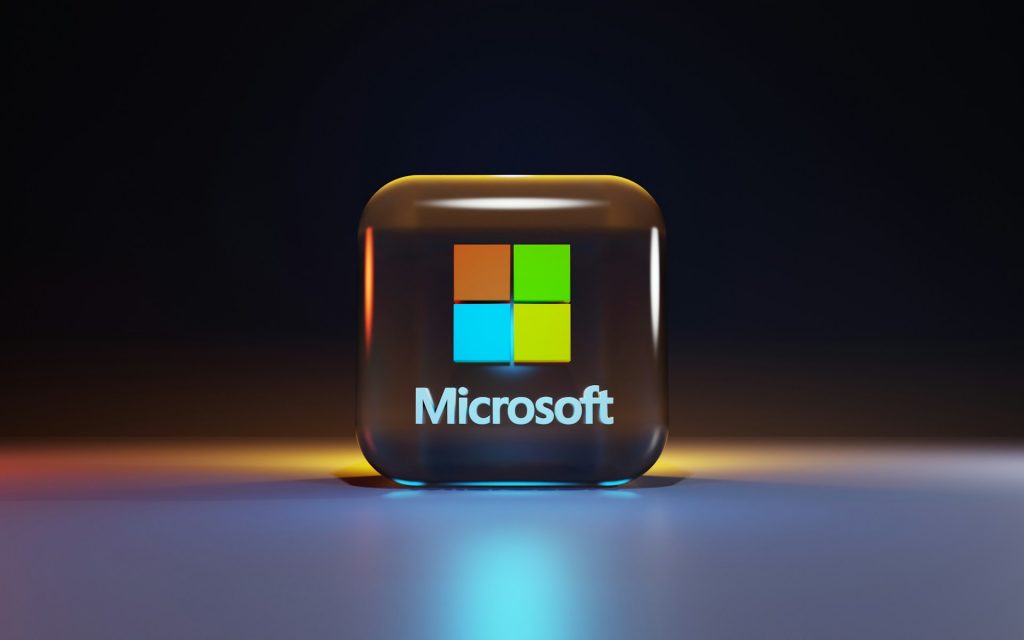Microsoft Surpasses $4 Trillion in Market Cap, Driven by Cloud and AI Growth

Strong Market Performance in New York
On July 31st (local time), Microsoft (MS) saw its shares close at $533.50, up 3.95% from the previous session on the New York Stock Exchange. During the day, the stock surged to $555.45, briefly pushing the company’s market capitalization to $4.1 trillion before closing just shy of that at $3.965 trillion. This historic milestone comes nearly 50 years after Microsoft was founded by Bill Gates and Paul Allen in 1975.
Impressive Q2 Financial Results
Following market close the previous day, Microsoft reported outstanding financial results for the April–June quarter (Q4 of its fiscal year 2025). Revenue reached $76.44 billion, with earnings per share (EPS) of $3.65. Both figures exceeded analysts’ expectations compiled by LSEG, which had forecast $73.81 billion in revenue and $3.37 in EPS. Compared to the same quarter last year, revenue rose by 18%, while net profit jumped 23% to $27.23 billion.
Cloud Segment Powers Ahead
Microsoft’s Intelligent Cloud division, which includes Azure, recorded revenue of $29.88 billion — a 26% increase year-over-year. This figure also beat StreetAccount’s projection of $28.92 billion. For the first time, Microsoft disclosed annual revenue figures for Azure and its broader cloud services: $75 billion for the 2025 fiscal year, a 34% jump from the previous year. Notably, Azure’s Q2 revenue alone rose 39% from the prior year, far exceeding the 34% expected by analysts.
Capital Investment and Growth Outlook
During a conference call, Microsoft’s Chief Financial Officer Amy Hood shared that capital expenditures are expected to exceed $30 billion in the upcoming quarter. She also forecast double-digit annual revenue growth. Azure’s growth for the first quarter (July–September) of fiscal 2026 is expected to be around 37%, outperforming market projections.
Investors Embrace AI Infrastructure Spending
Investors have reacted positively to Microsoft’s aggressive investments in AI infrastructure. Meta, which also released its earnings recently, raised the lower end of its capital expenditure guidance for the year and gave early indications of its 2026 spending plans. These moves highlight the growing focus on AI infrastructure among tech giants.
Microsoft Becomes Second Company to Hit $4 Trillion Valuation
Microsoft’s latest surge has made it the second company in the world to surpass a $4 trillion market cap, following Nvidia, which crossed the threshold earlier this month. The company had previously reached the $3 trillion mark in January last year and added another trillion in just 18 months.
The Wall Street Journal noted that Microsoft has maintained dominance in computing services and office software over the past five decades. Its early success was driven by securing licensing for DOS, the operating system bundled with IBM’s popular personal computers, and later by the widespread adoption of Windows, now installed on over a billion devices globally.
From Operating Systems to the Cloud
While Windows remains a cornerstone of its business, spanning gaming, hardware, and enterprise solutions, it is Microsoft’s foray into cloud computing that has significantly elevated its market value. With businesses migrating from local servers to the cloud over the past decade, Microsoft heavily invested in infrastructure, positioning Azure as a strong contender to Amazon Web Services (AWS).
According to the latest results, Azure’s $75 billion in annual revenue has helped close the gap with AWS, which reported $107.6 billion in 2024. The rapid growth of AI services has further accelerated Azure’s momentum, as it powers a range of AI tools used by companies like Meta Platforms and OpenAI. The number of enterprise customers continues to rise.
Meta Also Sees Surge in Valuation
Meta Platforms’ shares also soared following its earnings report, closing up 11.25% at $773.44 — nearing the $800 mark for the first time. Its market capitalization surged to $1.944 trillion, placing the company on the verge of entering the $2 trillion club.
In Q2, Meta reported a 21.6% increase in revenue and an 18% rise in net income compared to the same period last year. Projections for Q3 also indicate revenue will surpass Wall Street expectations.
Market Correction Slightly Pulls Back Microsoft’s Gains
Despite the day’s sharp rise, profit-taking led to a modest pullback in Microsoft’s stock by the end of trading. The final market cap stood just below the $4 trillion mark. Nonetheless, the achievement underscores Microsoft’s position as a global tech leader, with its cloud and AI investments positioning it for continued growth in a highly competitive landscape.






